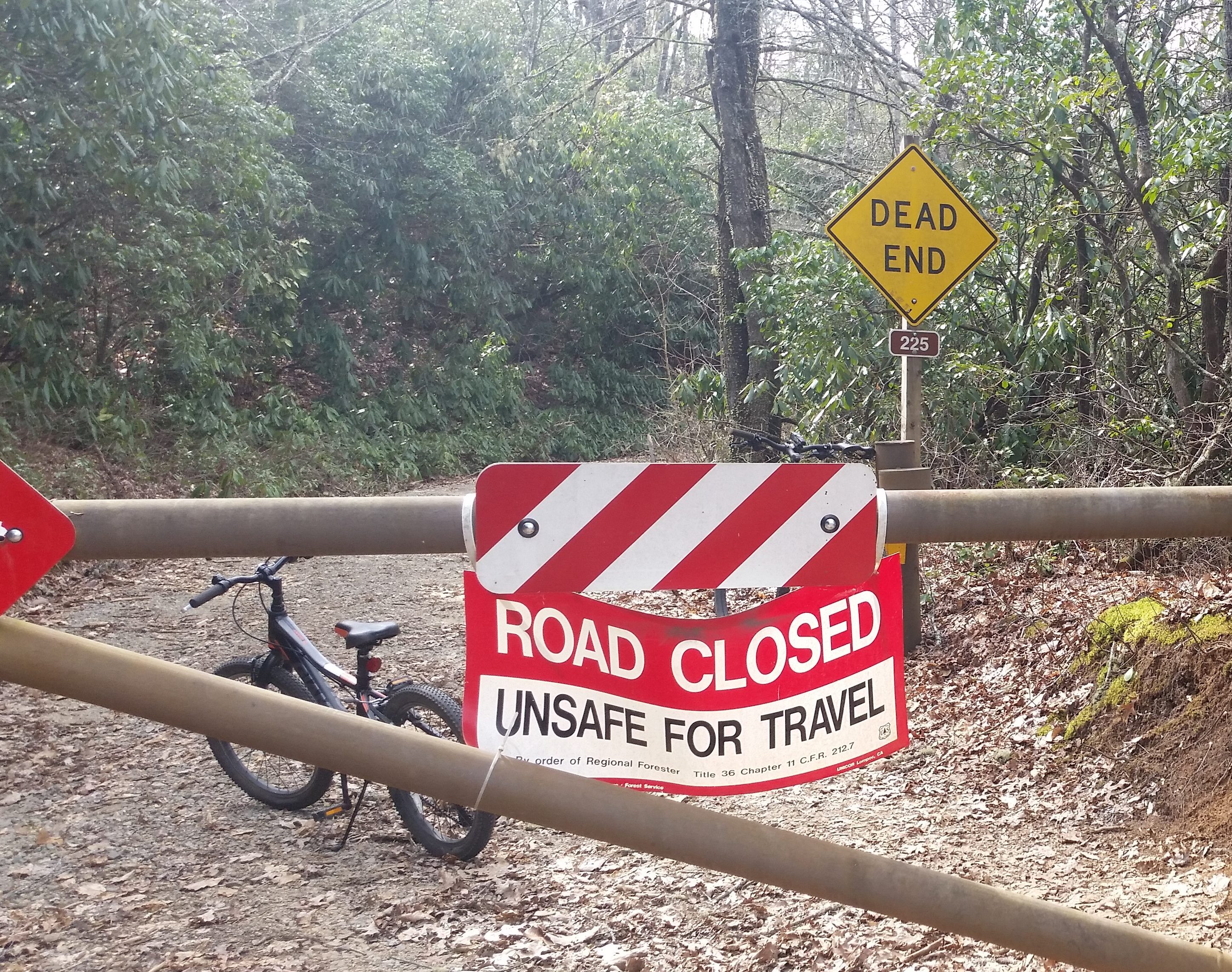No one who knows me would say that I’m unmotivated. When I have something that needs to get done, for the most part, I do it. I don’t miss workouts. I rarely cut a workout or run short unless there’s a time crunch and I have to. This is not a matter of pride or a badge of honor; I just show up and do the work. I even take my easy days seriously and run way slower than prescribed, typically at a 9:00-10:00/mile pace on flat roads, because I know how much gentle jogging helps my recovery.
But yesterday, I bailed on the track workout. After just two laps.
I thought I had given myself enough time to recover from my big trail run Sunday and the quad-killing downhill 5K Saturday. I took Monday off running, but still went to my morning strength class because I really wasn’t feeling sore (rookie mistake). I figured the 30 hours between Monday morning and Tuesday evening’s track session would be plenty of time to recover. I was wrong.
Sometimes it’s difficult to assess the effect of a workout or run, especially if you only have mild soreness or none at all. Lack of soreness does not mean you’re recovered from a workout. As running guru Greg McMillan puts it, “the research indicates that soreness (or the lack thereof) is not a good indicator of muscular healing. In other words, just because you aren’t sore anymore doesn’t mean that you are fully healed.” There may still be inter-cellular damage in the muscle cells that never get a chance to fully heal and become stronger if you don’t give them a chance. Running fast downhill is especially tough on the quads and a technical trail run with lots of climbing is not something my body is adapted to right now. Add lifting the next day into the mix and it’s no wonder I couldn’t hang for a speed session.
As I jogged with the group to the track for the warm up, I knew my quads didn’t feel right, but that’s not unusual. My first mile or two of any run typically feels rough. My legs behave like a sleepy teenager at 7am: they complain for a while until they are dragged out of bed and then eventually wake up and do fine. But when we got to the track, they still didn’t feel right. I mentioned to Coach Norm that I was feeling sore and he said to take the first 5 intervals easy to warm into the workout and then catch up to my normal pace for the last 5 sets.
The workout was 10 x 500m with a nice long 300 meter recovery between sets. There was a big turnout and word had gotten out that we’d be filmed by a drone for a promotional video. Great. A video that would live on in internet perpetuity when I’m not at my best. Sigh.
I started the first 500, letting the group I normally run with go by. I didn’t let my breathing get heavy, but my legs felt tender even at a slower pace. I jogged the first recovery and started the next set. I stopped 200 meters later. I was not feeling pain exactly, just a sensation that something was wrong. Norm suggested I just jog and maybe do a couple of strides on the straightaways. I managed one stride and jogged in lane 6 the rest of the time.
It can be tough to admit to others when you are uncomfortable and even harder to let them see you quit. There were other people running the workout who did the trail run with me who didn’t quit. There were other people that raced hard last weekend who didn’t quit. Does that mean they are stronger? Maybe or maybe not. Does it matter even if they are? Of course not. I knew that this one workout was not working for me and stopping was the right decision and that’s what matters. Even though a drone captured me on film jogging while everyone else zoomed by, I made the right choice for me. I even waved to the camera, fresh faced and not sweaty. I was owning that jog, damn it!
Backing off can be a humbling lesson to learn for someone like me who loves to keep moving. But sometimes the only way to move forward is to stop, slow down, and call it good.

